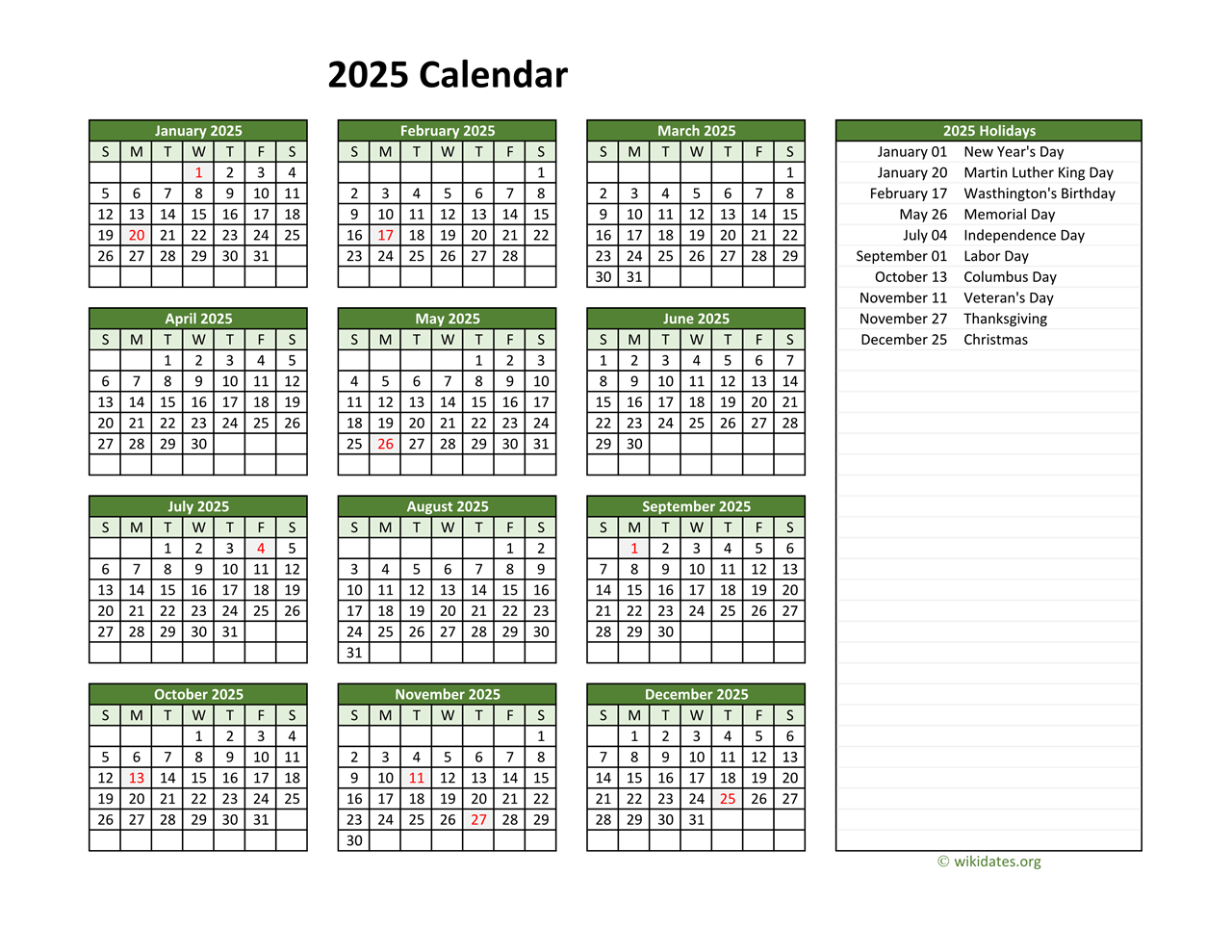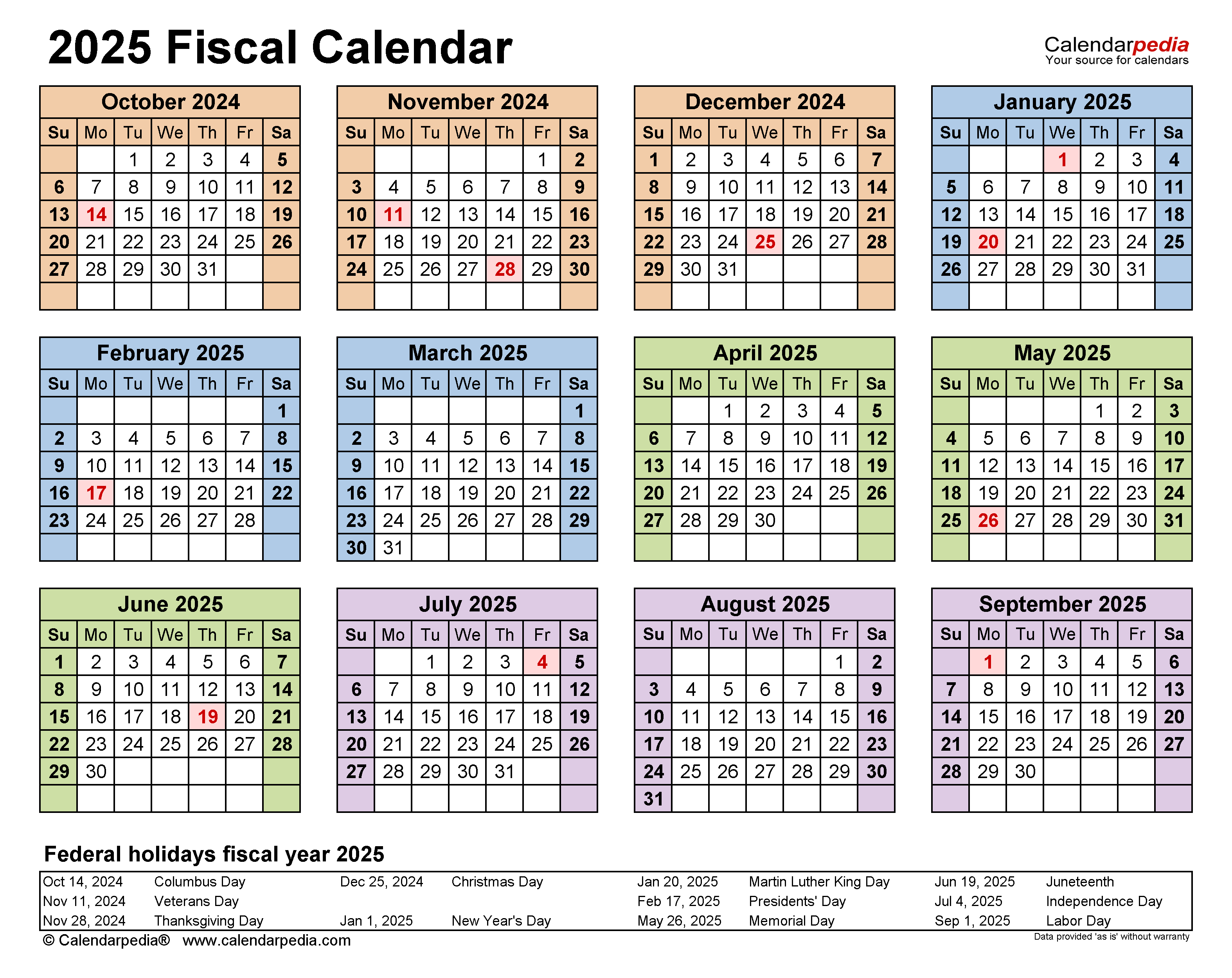Navigating the 2025 Government Holiday Landscape: A Comprehensive Guide
Related Articles: Navigating the 2025 Government Holiday Landscape: A Comprehensive Guide
Introduction
With great pleasure, we will explore the intriguing topic related to Navigating the 2025 Government Holiday Landscape: A Comprehensive Guide. Let’s weave interesting information and offer fresh perspectives to the readers.
Table of Content
Navigating the 2025 Government Holiday Landscape: A Comprehensive Guide

The year 2025 promises a unique blend of traditional and contemporary observances, offering opportunities for reflection, celebration, and rejuvenation. Understanding the nuances of government holidays, their historical significance, and their impact on daily life is crucial for individuals, businesses, and organizations alike. This comprehensive guide aims to provide a clear and informative overview of the 2025 government holiday calendar, highlighting key dates and their associated significance.
Federal Holidays in the United States:
The United States government observes ten federal holidays, providing designated days off for federal employees and impacting various aspects of daily life, including business operations, school schedules, and financial markets.
- New Year’s Day (Wednesday, January 1st): This holiday marks the beginning of a new year, offering a chance for reflection and setting new goals.
- Martin Luther King Jr. Day (Monday, January 20th): Honoring the legacy of Dr. Martin Luther King Jr., this day commemorates his fight for civil rights and social justice, encouraging continued efforts towards equality.
- Presidents’ Day (Monday, February 17th): This holiday celebrates the birthdays of George Washington and Abraham Lincoln, recognizing their significant contributions to the nation’s history and ideals.
- Memorial Day (Monday, May 26th): Dedicated to honoring those who died in military service, Memorial Day encourages remembrance and appreciation for the sacrifices made by fallen soldiers.
- Juneteenth National Independence Day (Friday, June 19th): Commemorating the emancipation of enslaved African Americans in the United States, Juneteenth celebrates freedom and the ongoing pursuit of equality.
- Independence Day (Wednesday, July 4th): This day celebrates the signing of the Declaration of Independence, marking the birth of the United States as a sovereign nation.
- Labor Day (Monday, September 1st): Honoring the contributions of workers, Labor Day acknowledges the importance of the labor movement and its impact on society.
- Columbus Day (Monday, October 13th): This holiday commemorates the arrival of Christopher Columbus in the Americas, sparking debate about its historical interpretation and impact on indigenous populations.
- Veterans Day (Wednesday, November 11th): Dedicated to honoring all veterans who served in the United States Armed Forces, Veterans Day acknowledges their sacrifices and contributions to national security.
- Thanksgiving Day (Thursday, November 27th): This holiday is a time for gratitude and sharing, traditionally celebrated with family and friends.
- Christmas Day (Wednesday, December 25th): This holiday celebrates the birth of Jesus Christ, a significant event in Christian tradition, observed globally with various customs and traditions.
State Holidays:
In addition to federal holidays, each state in the United States may observe additional holidays, reflecting local traditions, historical events, or cultural celebrations.
Impact of Government Holidays:
Government holidays have a significant impact on various aspects of life:
- Business Operations: Many businesses close or operate on reduced hours during holidays, affecting productivity, customer service, and supply chains.
- School Schedules: Schools typically observe government holidays, providing students and educators with time off for personal activities or family gatherings.
- Financial Markets: Stock exchanges and other financial institutions may adjust their trading hours or remain closed on certain holidays.
- Travel and Tourism: Holidays often see increased travel and tourism activity, impacting transportation, accommodation, and entertainment industries.
- Cultural Significance: Holidays provide opportunities for cultural celebrations, fostering community engagement and strengthening traditions.
FAQs
1. What are the legal implications of government holidays?
Government holidays are legally recognized days off for federal employees. While businesses are not legally obligated to close, they may experience impacts on workforce availability, customer expectations, and potential legal ramifications for non-compliance with state or local regulations.
2. How do government holidays affect travel and transportation?
Government holidays often see increased travel demand, leading to higher airfares, hotel rates, and potential delays in transportation services. It is crucial to plan ahead and book travel arrangements well in advance to mitigate potential disruptions.
3. What are the economic impacts of government holidays?
Government holidays can have both positive and negative economic impacts. While some industries experience increased revenue due to increased consumer spending, others may experience reduced productivity and revenue due to business closures.
4. How do government holidays influence cultural celebrations?
Government holidays provide opportunities for cultural celebrations, fostering community engagement and strengthening traditions. They also offer a chance for individuals to connect with their cultural heritage and share these experiences with others.
5. How can individuals and businesses prepare for government holidays?
Individuals can prepare by planning ahead for potential travel disruptions, adjusting work schedules, and making necessary arrangements for childcare or eldercare. Businesses should consider adjusting operating hours, communicating with customers, and ensuring adequate staffing to manage potential fluctuations in demand.
Tips for Navigating Government Holidays:
- Plan Ahead: Plan travel arrangements, adjust work schedules, and make necessary arrangements for childcare or eldercare well in advance of holiday periods.
- Stay Informed: Be aware of holiday closures, potential travel disruptions, and any changes in operating hours for businesses and services.
- Communicate Effectively: Communicate with colleagues, clients, and customers regarding potential disruptions or changes in service availability during holiday periods.
- Embrace the Spirit of the Holiday: Utilize holiday time for reflection, relaxation, and connecting with family and friends, fostering a sense of community and appreciation for the diverse cultural traditions celebrated throughout the year.
Conclusion:
The 2025 government holiday calendar offers a unique blend of historical significance, cultural celebrations, and opportunities for reflection and rejuvenation. Understanding the nuances of these holidays, their impact on daily life, and the various ways they influence society is crucial for individuals, businesses, and organizations alike. By planning ahead, staying informed, and embracing the spirit of each holiday, we can navigate this unique calendar with ease and make the most of the opportunities it presents.








Closure
Thus, we hope this article has provided valuable insights into Navigating the 2025 Government Holiday Landscape: A Comprehensive Guide. We hope you find this article informative and beneficial. See you in our next article!
